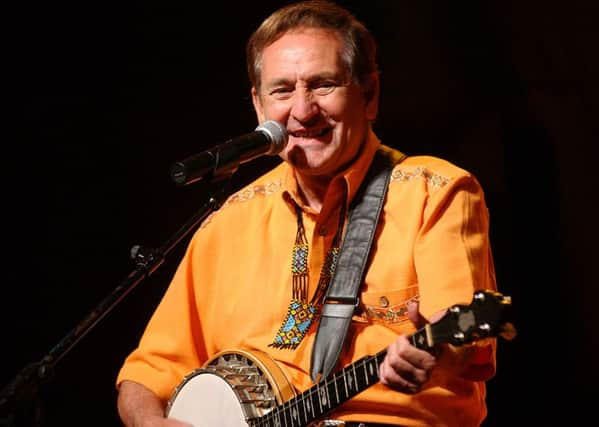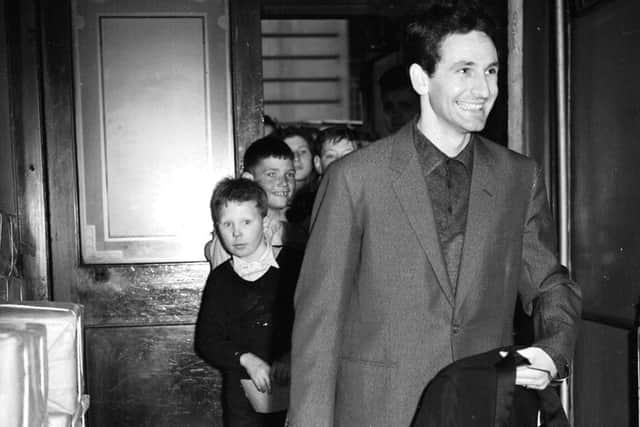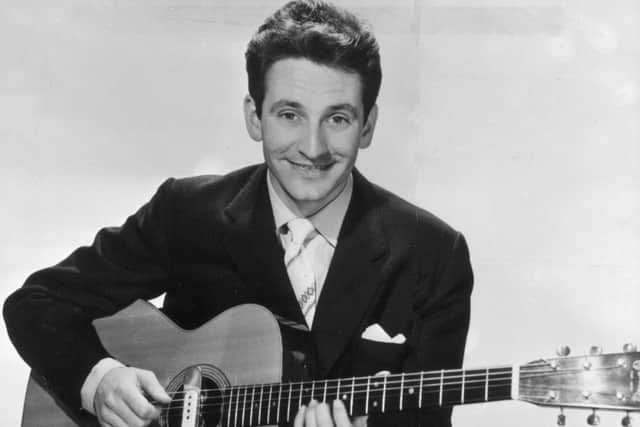When Lonnie Donegan collapsed mid-tour


On this day in 2002, Lonnie Donegan, known as the king of skiffle and the inspiration behind bands such as The Beatles and The Who, died after collapsing midway through a British tour.
Glasgow-born Donegan died in Peterborough. He was 71 and had suffered several heart attacks.
Advertisement
Hide AdThe musician, famed for hits like Does Your Chewing Gum Lose Its Flavour (on the Bedpost Overnight), My Old Man’s A Dustman, and Rock Island Line was the UK’s first pop superstar, bursting on to the music scene in the mid-1950s with a distinctive, lively sound which was loosely based on American folk music.


The star was with his wife and son when he died.
Credited as a major influence on the Beatles, he had been due to take part in a tribute concert in memory of George Harrison at the Royal Albert Hall at the end of the month.
John Lennon was playing in a skiffle band inspired by Donegan - The Quarrymen - when he first met Paul McCartney.
Born in Glasgow in April 1931 and christened James Anthony Donegan, he left school in Altrincham, south Manchester, aged 14 and worked as a clerk in a stockbroker’s office before joining the army aged 18.


During his military service he met an American in Vienna who introduced him to the country and western music that would inspire a generation. He later changed his name in honour of black American guitarist Lonnie Johnson.